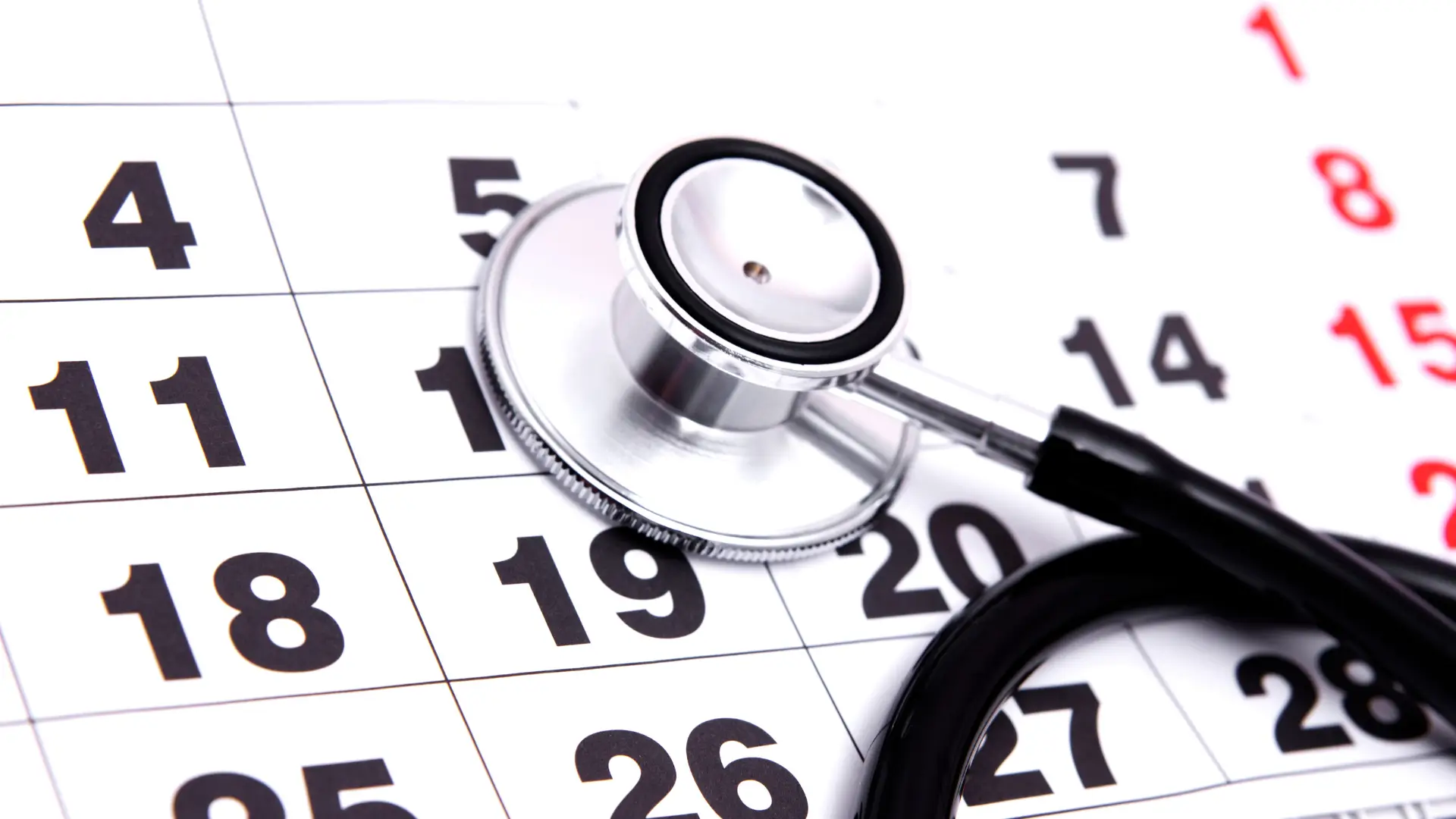Promoted for its potential to boost energy, brain health, and longevity, NAD IV therapy has quickly gained public interest. However, the U.S. Food and Drug Administration (FDA) has not approved intravenous NAD formulations, indicating that there is no official regulatory approval for their use in medical practice. Even so, researchers around the world continue to study NAD’s role in neurological, metabolic, and healthy aging applications.
Despite this lack of approval, NAD IV therapy has moved from the realm of early research into the mainstream, with many wellness clinics now offering it directly to consumers. This rapid expansion makes one question: how safe is it, and what precautions should be taken?
In this article, we’ll review what current scientific evidence shows about NAD IV therapy, explore reported side effects and potential risks, and share best practices for safer administration—helping patients and providers make more informed decisions.
Key Takeaways
- NAD IV therapy delivers NAD⁺ directly into the bloodstream, and the manufacturer markets it for energy, metabolism, and cellular support.
- Current evidence suggests that the therapy is generally well-tolerated, but most data come from small, early-phase trials.
- Common side effects include flushing, nausea, headache, chest tightness, and discomfort at the infusion site. These are often infusion-rate dependent and improve when the drip is slowed.
- More serious risks are rare, but safety has not been studied in groups such as pregnant or breastfeeding women, those with severe heart or kidney disease, or individuals with rare metabolic conditions like G6PD deficiency.
- Oral NAD⁺ precursors (e.g., nicotinamide riboside, nicotinamide mononucleotide) have stronger safety data and FDA recognition (NR is GRAS-certified).
- Despite growing use in wellness clinics, NAD IV therapy is not FDA- or EMA-approved and remains an investigational treatment.
- Safe practice requires licensed providers, informed consent, patient screening, and continuous monitoring during infusion.
- Larger, well-controlled clinical trials are needed to confirm long-term safety and effectiveness.
About: Medica Depot is your trusted all-in-one supplier, offering a range of high-quality medical injectables and supplies. If you’re looking to buy Rejuvanad NAD IV, contact Medica Depot’s sales representatives, and they will guide you on how to do so. Whether for health professionals, plastic surgeons, dermatologists, licensed estheticians, or other specialists, we can offer genuine, brand-name products you may need. With Medica Depot, we prioritize serving you better to improve the patient’s quality of life.
Safety Profile of NAD IV Therapy: Clinical Data and Tolerability

When starting any new treatment, patients often ask about safety and effectiveness. The same is true for those curious about NAD IV therapy and whether it can deliver meaningful benefits without undue risk. NAD therapy uses nicotinamide adenine dinucleotide to support metabolism, repair, and cellular health.
While NAD⁺ has been studied in different medical and wellness contexts, formal safety data for NAD IV infusions are still limited. A systematic review compiled available studies and suggested that some patients may experience positive outcomes, reflecting potential benefits of NAD IV therapy. However, evidence remains inconsistent, and the small size of most studies means more rigorous trials are needed.
Overall, published findings indicate that NAD IV therapy appears to be well-tolerated in the short term. However, the lack of large-scale clinical trials leaves its full safety profile uncertain.
Risk Factors and Contraindications in Patients Considering NAD IV Therapy

Nicotinamide adenine dinucleotide (NAD⁺) is a coenzyme found in every living cell, fueling key processes like:
- Energy production
- DNA repair
- Cellular regulation
NAD treatment supports essential functions, including energy production, DNA repair, and the regulation of cell activity. To ensure safe use, healthcare professionals conduct thorough screenings before recommending NAD IV therapy. These include:
- Evaluating cardiac and kidney function
- Assessing fluid balance to reduce overload risk in heart or kidney disease
- Reviewing medical history, including medications and allergies
Although there are no standardized, universally accepted contraindication lists, most providers avoid giving NAD IV infusions to patients who are:
- Hypersensitive to any ingredients in the infusion
- Experiencing active infections at the injection site
- Pregnant or breastfeeding, due to insufficient safety data
- Living with severe heart conditions
- Living with rare metabolic disorders (e.g., G6PD deficiency), since safety has not been studied in these groups
During an infusion session, clinicians remain alert for mild infusion-related therapy side effects like flushing, nausea, headache, or chest tightness. These reactions are often linked to infusion rate and may improve if the drip is slowed. Blood pressure and vital signs are continuously monitored throughout the treatment to guarantee patient health, comfort, and safety.
Comparison of Safety: NAD IV Therapy vs Oral Precursors (e.g., NR, NMN)
Researchers have compared NAD IV therapy with other ways of boosting NAD⁺, including oral precursors like nicotinamide riboside (NR) and nicotinamide mononucleotide (NMN). Both forms aim to restore declining NAD⁺ levels associated with aging.
In one small randomized, double-blind pilot trial, NAD⁺ IV infusion session caused a brief rise in white blood cells and neutrophils—signs of a mild inflammatory response. Importantly, the study reported no severe adverse effects. Participants given NR reported fewer and milder reactions, suggesting better tolerability.
Oral precursors like NR and NMN have shown excellent safety in multiple human studies. The FDA has even granted NR the status of Generally Recognized as Safe (GRAS), highlighting its established tolerability.
In contrast, despite its growing use, NAD IV therapy has not been approved by the FDA or EMA. It remains an investigational therapy that has yet to undergo the level of regulatory review required for official approval, despite many patients continuing to seek it for potential health and aging benefits.
Best Practices, Protocols, and Regulatory Considerations for Safe Use of NAD IV Therapy

To maximize both safety and comfort, patients should only undergo NAD IV therapy with licensed and trained healthcare professionals. These providers follow standardized protocols designed to reduce risks.
Common best practices include:
- Confirming IV access and prehydrating patients
- Diluting NAD⁺ in 250–500 mL of normal saline and infusing slowly over 4–6 hours of treatment
- Slowing the drip rate if patients develop flushing, nausea, or chest tightness
- Monitoring vital signs—blood pressure, heart rate, temperature—throughout the infusion session
Providers also secure informed consent, explaining the off-label nature of the treatment, possible risks, and alternatives. Documentation of each infusion and compliance with state and regulatory guidelines are also essential for accountability.
Conclusion
The safety of NAD IV therapy remains under investigation. While early evidence suggests it is generally well tolerated and may provide benefits for metabolism and cellular health, the lack of FDA approval underscores the need for caution.
Patients should only pursue this therapy under the supervision of qualified professionals, with screening and monitoring in place. For now, NAD IV remains an investigational option, and requires more high-quality research to establish its long-term health safety and effectiveness.
FAQs
1. Does NAD IV therapy have FDA approval?
No. NAD IV therapy does not currently have FDA approval. Currently, the medical field considers NAD IV treatment as an investigational therapy.
2. What are the potential risks that can come with NAD IV therapy?
Mild risks include flushing, nausea, headache, or chest tightness, usually linked to the infusion rate. Patients with severe heart conditions, allergies, or active infections should avoid the treatment.
3. How does NAD IV therapy compare to oral NAD precursors?
Oral precursors like nicotinamide riboside (NR) and nicotinamide mononucleotide (NMN) have shown excellent safety and tolerability. NAD IV may cause mild inflammatory responses but is generally well tolerated in small trials for aging or other health concerns.
References
Center for Drug Evaluation and Research. NDA and BLA Calendar Year Approvals. US Food and Drug Administration. Published online April 7, 2021. Accessed September 24, 2025. https://www.fda.gov/drugs/nda-and-bla-approvals/nda-and-bla-calendar-year-approvals
Airhart SE, Shireman LM, Risler LJ, et al. An open-label, non-randomized study of the pharmacokinetics of the nutritional supplement nicotinamide riboside (NR) and its effects on blood NAD+ levels in healthy volunteers. Sinclair DA, ed. PLOS ONE. 2017;12(12):e0186459. doi:https://doi.org/10.1371/journal.pone.0186459










